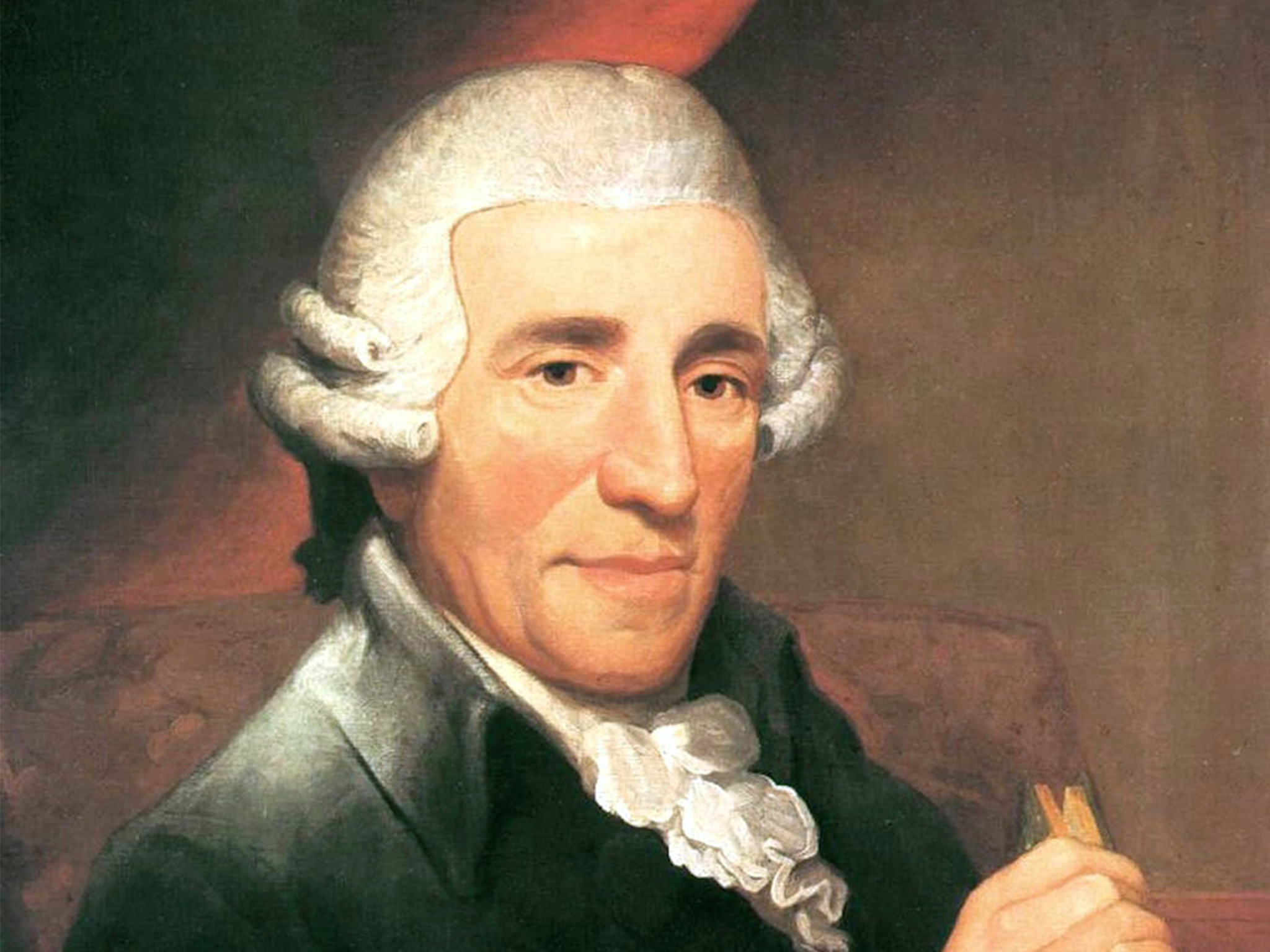Joseph Haydn, often referred to as the "Father of the Symphony" and the "Father of the String Quartet," stands as one of the most influential composers of the classical era. His innovative compositions, impeccable craftsmanship, and profound musical vision transformed the landscape of Western classical music. From his humble beginnings in rural Austria to his illustrious career as the court composer for the wealthy Esterházy family, Haydn's life journey is a testament to his enduring legacy in the annals of music history.
Franz Joseph Haydn was born on March 31, 1732, in the small village of Rohrau, located in present-day Austria. He was the second of twelve children born to Mathias Haydn, a wheelwright and a folk musician, and Anna Maria Haydn. From an early age, Haydn displayed a remarkable musical talent, learning to play the harpsichord, violin, and other instruments. His musical abilities caught the attention of Johann Matthias Franck, the choirmaster at St. Stephen's Cathedral in Vienna, who offered him the opportunity to receive formal musical training.
Joseph Haydn, the celebrated composer of the Classical era, has left an indelible mark on the world of music. Known as the "Father of the Symphony" and the "Father of the String Quartet," Haydn's contributions to classical music are immeasurable. While he is renowned for his symphonies and chamber music, his vocal compositions, including his songs, deserve equal recognition. In this blog post, we explore the seven best songs by Joseph Haydn, showcasing his profound musical genius and unmatched creativity.
Born in Rohrau, Austria, on March 31, 1732, Joseph Haydn demonstrated his musical talents at an early age. Recognizing his potential, his parents sent him to study music at the age of eight, where he learned to play various instruments and received training in composition. Despite financial struggles, Haydn's determination and passion for music propelled him forward, leading him to Vienna, the epicenter of European music at the time.
